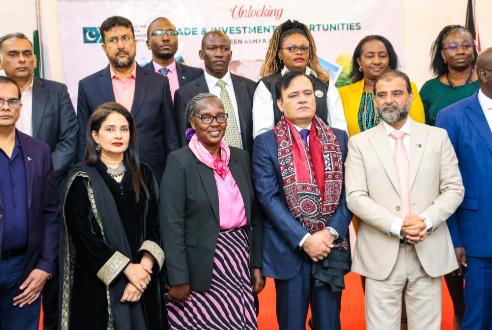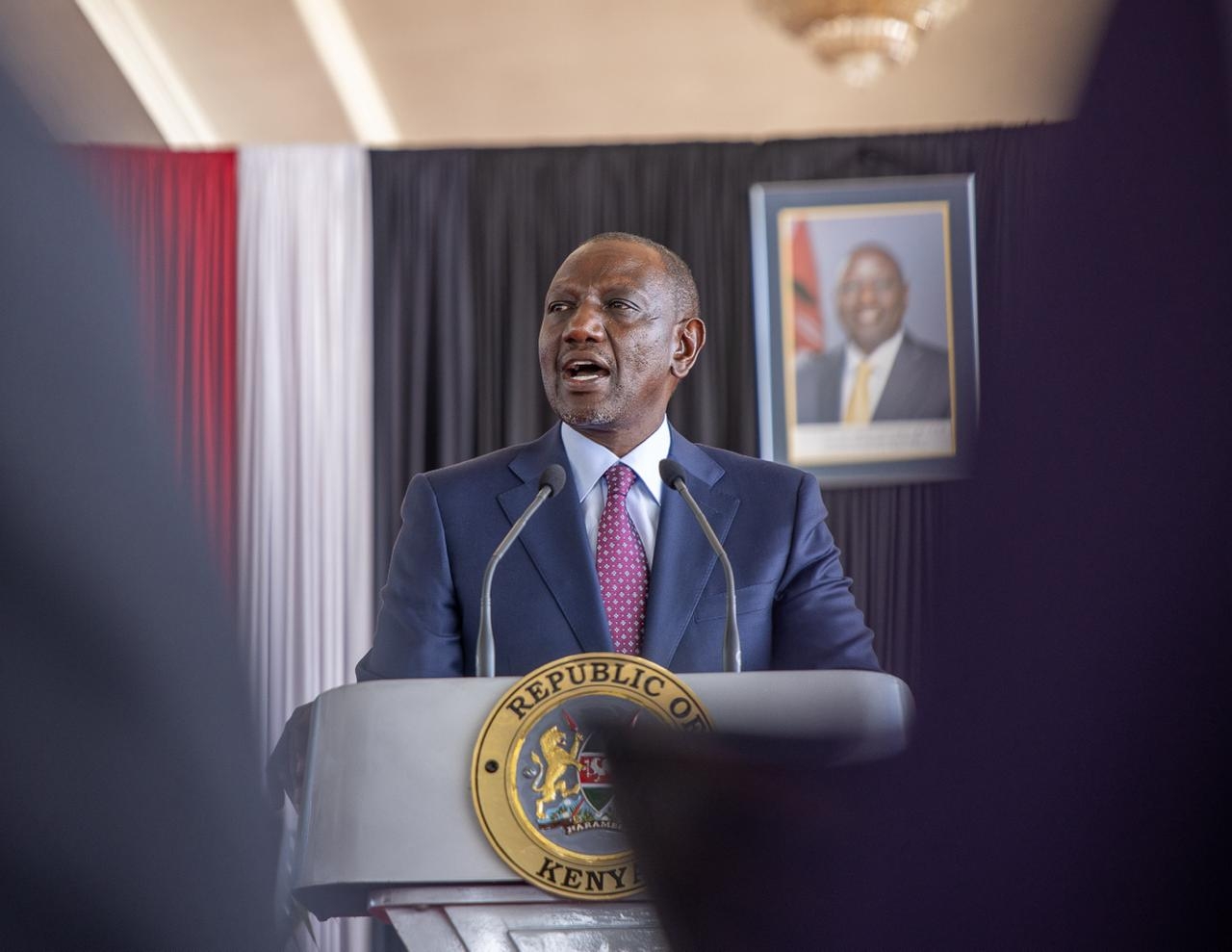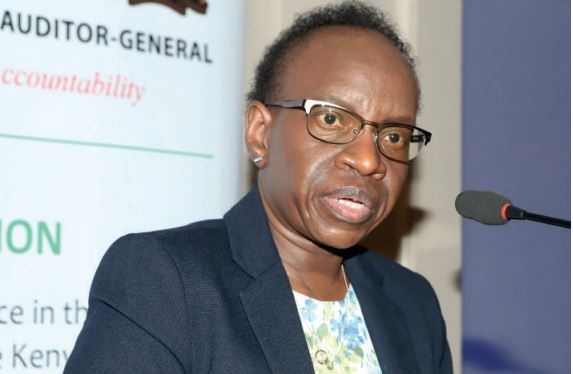

Kenya and Pakistan have taken a significant step toward
deepening economic ties by agreeing to harmonise tariff imbalances,
particularly in the trade of rice and tea.
The agreement was reached during the high-level Pakistan-Kenya Business Council Importers Networking meeting held in Nairobi.
The event marked a pivotal moment for Kenya and Pakistan, with trade volumes between the two countries showing a remarkable increase from US$752 million in 2023 to US$910 million in 2024.
Kenya’s Trade Principal Secretary, Regina Ombam, lauded the growing trade relationship, which has seen Kenya become a key exporter of tea to Pakistan.
She acknowledged Pakistan’s significant exports of rice, pharmaceuticals, and textiles, stressing the need for both countries to diversify into areas like agro-processing, ICT, and renewable energy.
Ombam also highlighted the importance of tariff reforms, specifically Pakistan’s 46 per cent duty on Kenyan tea.
“We must diversify into agro-processing, ICT, and renewable energy,” Ombam urged.
Pakistan’s High Commissioner to Kenya, Ibrar Hussain Khan, echoed the call for closer economic collaboration, particularly on the issue of tariff imbalances.
Khan pointed out the disparity in taxes, with Kenya imposing a 35 per cent tax on Pakistani rice, while Pakistan’s tariff on Kenyan tea stands at just 10 per cent.
Both leaders expressed their commitment to harmonising tariffs ahead of the upcoming Joint Trade Committee meeting in September 2025, which will aim to establish fairer trade policies between the two nations.
Kenya remains the largest exporter of tea to Pakistan, with a total of 206.27 million kilogrammes of tea being shipped to Pakistan in 2024 alone.
According to the Tea Board of Kenya, this represents 34.7 per cent of Kenya’s total tea export volume, valued at Sh70 billion.
Kenya on the other hand imported approximately Sh12 billion worth of rice from Pakistan in 2023, making it the second-largest source of rice imports for the country.
At the networking event, Council President Rafique Suleman
emphasized the need for streamlining trade processes, particularly port
clearance procedures, to make trade more efficient and cost-effective.
One of the key industry voices during the meeting was Mitchell Cotts SEZ Limited, a prominent company in Kenya’s logistics sector.
Mitchell Cotts is recognised for its 99-year legacy and advanced logistics infrastructure, including a licensed Special Economic Zone (SEZ) near Mombasa Port and a high-tech air cargo terminal at Jomo Kenyatta International Airport.
Maina Kio, the company’s Commercial Manager, reaffirmed the company’s vital role in facilitating Kenya’s tea exports to Pakistan and in supporting Pakistan’s rice imports.
Kio also noted that Mitchell Cotts has adopted an inclusive trade model, empowering women-led coffee cooperatives across Kenya, Uganda, Burundi, and Rwanda.
“Every micro lot we move tells a story—and we deliver it with pride,” Kio said, underscoring the company’s commitment to sustainable trade practices that benefit local producers while enhancing international market access.















